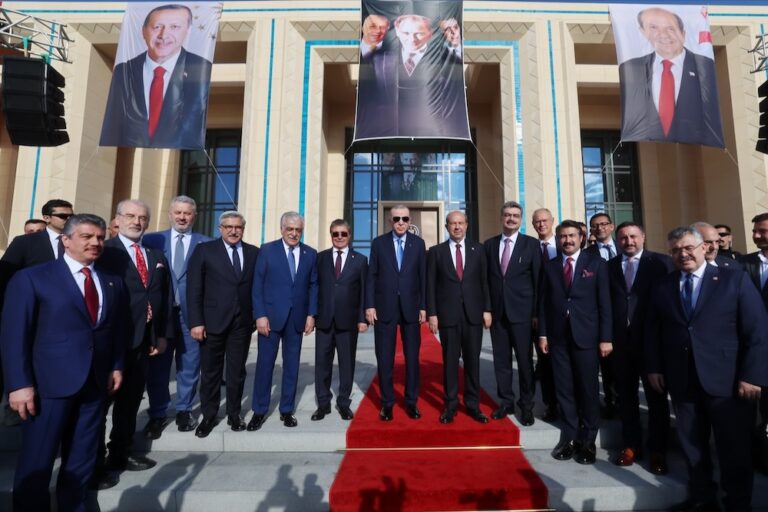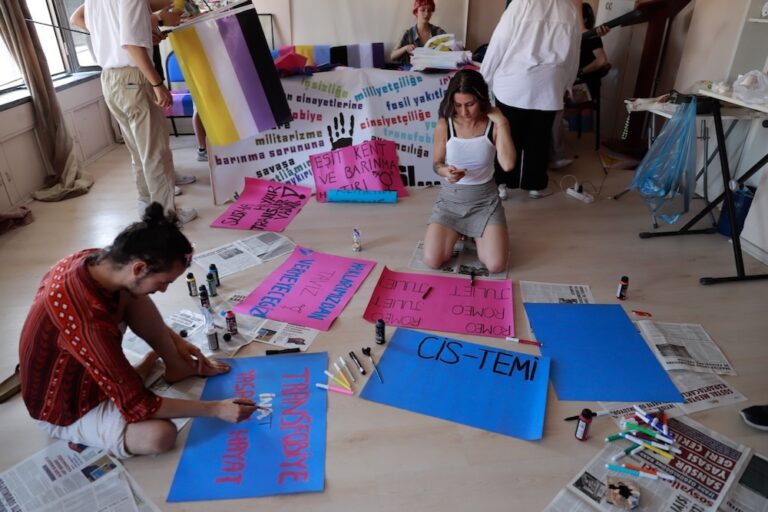The court said Turkey had illegally limited the freedom of expression of two magazine editors and must pay them US$6,700 each.
(BIANET/IFEX) – The European Court of Human Rights (ECHR) has convicted Turkey of illegally restricting the freedom of expression of two journalists. The ruling was based on the Turkish government’s decision in two separate trials against Aylin Guzel, the owner and editor-in-chief of “Maya” magazine, and Aziz Ozer, editor-in-chief of “Yeni Dünya için Çağrı” magazine.
On 6 July, the ECHR unanimously decided that Turkey had violated Article 10 of the European Convention on Human Rights on Freedom of Expression. Turkey has to pay a total of €5,290 (approx. US$6,700) in compensation to each of the two journalists.
Turkish Judge Işıl Karakuş was one of the judges on the ECHR case. The judges decreed that “the grounds given by the Turkish courts for the interference in question, while pertinent, were not sufficient”.
The ECHR criticized the Anti-Terror Law, saying that it “contained no obligation for the judges to carry out a textual or contextual examination of the writings, applying the criteria established and implemented by the Court under Article 10. The Court had found a violation of that provision in numerous cases against Turkey in which media professionals had been convicted for publishing statements by terrorist organisations, without any further analysis by the judges”.
“This virtually automatic repression, without taking into account the objectives of the media professionals or the right of the public to be informed of another view of a conflict situation, could not be reconciled with the freedom to receive or impart information or ideas”, the Strasbourg court declared.
In February 2003, “Maya” magazine published an article titled “Imminent war in the Middle East threatens Turkish bourgeoisie!” It contained a statement by a leader of the illegal Marxist-Leninist/Turkish Communist Party (TKP/ML) concerning hunger strikes by prisoners. Guzel was acquitted of charges of “spreading propaganda for an illegal organization” but she was sentenced to a monetary fine.
In June 2002, “Yeni Dünya İçin Çağrı” magazine published an article titled “The Great Workers’ Resistance of 15 and 16 June and the Revolutionary Movement in Turkey”. The anonymously published article dealt with peaceful demonstrations by workers on 15 and 16 June 1971. It also looked at the role of left-wing movements in those demonstrations, focusing on the leading contribution of Ibrahim Kaypakkaya, founder of the TKP/ML. In the same issue, a statement by eight prisoners titled “To our people” was published.
Ozer was sentenced to a monetary fine under the Anti-Terror Law. The magazine’s publication was also suspended for two weeks on charges of “undermining national security”.


